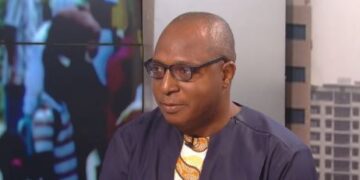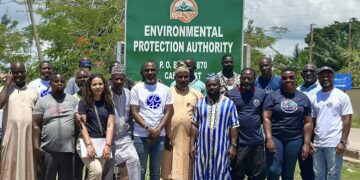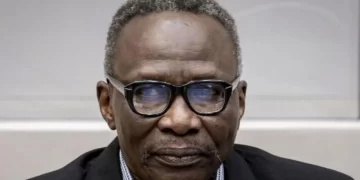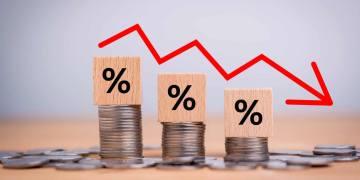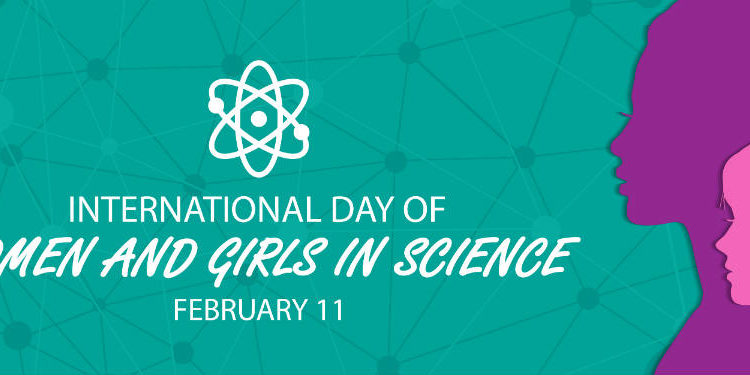A Senior Lecturer with the Department of Chemistry at the University of Cape Coast, Dr. (Mrs) Genevive Adukpo, has made a clarion call on women in Ghana to play their active roles in ensuring water is safe for consumption and household use.
She notes that water as an essential commodity to the livelihood of mankind is being threatened with human-related activities such as galamsey, improper waste management, and poor sanitation.
She believes addressing these threats posed to safe water has women playing crucial roles.
“Women are promoters, women are educators, women are leaders in the home and also in the community, and women are actors so far as change is concerned. So, we are also looking at the situation where women can also work hard to achieve SDG No. 6” she said.
Her assertion hangs on the 2022 International Day for Women and Girls in Science celebration themed, “Equity, Diversity, and Inclusion: Water Unites Us”.
Observed annually on February 11, the International Day for Women and Girls in Science is set aside by the United Nations (UN) to drive nations towards empowering women and girls to achieve full and equal access to and participation in science.
The day is observed in order to achieve gender parity and also to progress towards the achievement of the sustainable development Goal 6 which is “Clean Water and Sanitation.
According to Dr. Adukpo, the theme is relevant to achieving the sustainable development Goal 6 which is part of the 2030 agenda of internationally agreed goals.
Promoting female participation in science
In Ghana, government has made various efforts in ensuring the gender parity gap in the field of science is bridged.
One of such efforts is the introduction of Science, Technology, Engineering and Math (STEM), which is among other things ensuring girls are not left behind in the dynamic technological world of science.
To Dr. Adukpo, STEM has contributed positively to the life of many women and girls as they are not only being beneficiaries but also agents of change in the country.
She however notes that gender-based violence is one challenge confronting girls pursuing the sciences and as such, efforts must be made to address it to ensure girls are encouraged to pursue the sciences.
The urge to pursue science as a female
Two female students reading science programs at the tertiary level sharing their motivation for pursuing their respective programmes identified the enormous opportunities, career-wise, that the field presents.
Ruth-Annie Taylor, a level 100 medical student at the Kwame Nkrumah University of Science and Technology said “the choice of studying science was a personal decision. I love science; particularly Biology and Physics. My motivation was to see my dream of becoming a pediatrician come to life. Taking into consideration that there are diverse career opportunities open to me in the field of engineering, health sciences and sciences all motivated me to study science”.
Eugenia Elikem Lawoe, also a level 300 student at the University of Cape Coast pursuing bachelor of medicine and bachelor of surgery said her decision to pursue science and for that matter, medicine was birthed when she was very young. “During trips to the hospital with my parents, I admired and was fascinated by activities of the doctors. More importantly, I loved how they passionately treated the sick and helped alleviate their pain. I, therefore, resolved to pursue the noble profession”.
Read also: NASPA CCMA inaugurates new office complex for members on UCC campus
Source: Aba Aikins Appah/ATLFMNEWS


